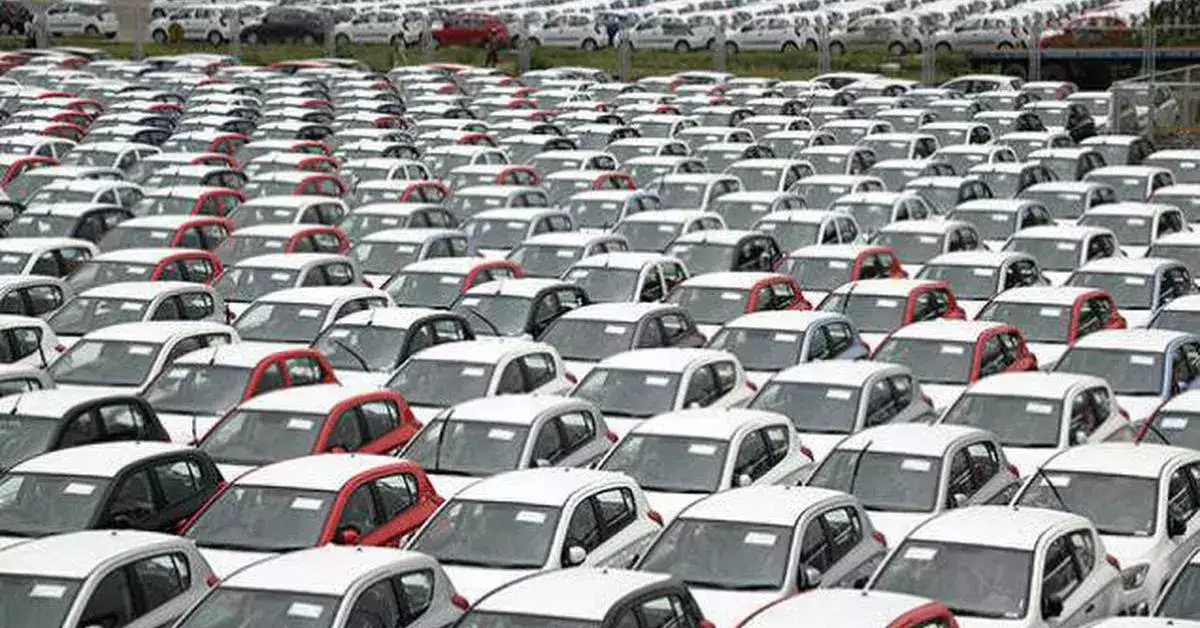
Top European carmakers Volkswagen and Stellantis have said the market will be tough in 2024, as a result of weak global demand for electric vehicles (EVs), increasing Chinese competition, sustained cost pressures and geopolitical tensions.
Car registrations fell in March by a yearly 6.2% in Germany, 4.7% in Spain, 3.7% in Italy and 1.5% in France, data by the European Automobile Manufacturers Association (ACEA) showed.
Sales of battery electric cars dropped by 11.3% from the previous year, reflecting a broader market downturn, ACEA said, while hybrid-electric vehicle registrations were up by 12.6%, mainly because of strong sales in France and Italy.
EVs sales growth has slowed, and investment in capacity and technology development has outrun demand as many prospective buyers are deterred by cost and continuing doubts about infrastructure.
The sale of hybrid electric cars, seen as a compromise between all-combustion and all-electric, has increased in the European Union in recent months, achieving market share of 29% in March, up from 24.4% a year ago.
Electrified vehicles - either fully electric models, plug-in hybrids or full hybrids - sold in the EU accounted for 49.1% of all new passenger car registrations in March, up from 45.5% in the previous year.
Car registrations at Europe's three largest carmakers Volkswagen, Stellantis and Renault all dropped in March, by 9.0%, 12.6% and 2.1% respectively.
Toyota's sales in the EU rose by 18.4% in the same month, while electric car company Tesla recorded a drop of 30.4% from last year.
The number of new vehicles registered in March in the EU, Britain and the European Free Trade Association (EFTA) fell by 2.8% to 1,383,410 vehicles, despite a 10.4% increase in Britain, the ACEA data showed.
Disclaimer: The copyright of this article belongs to the original author. Reposting this article is solely for the purpose of information dissemination and does not constitute any investment advice. If there is any infringement, please contact us immediately. We will make corrections or deletions as necessary. Thank you.





